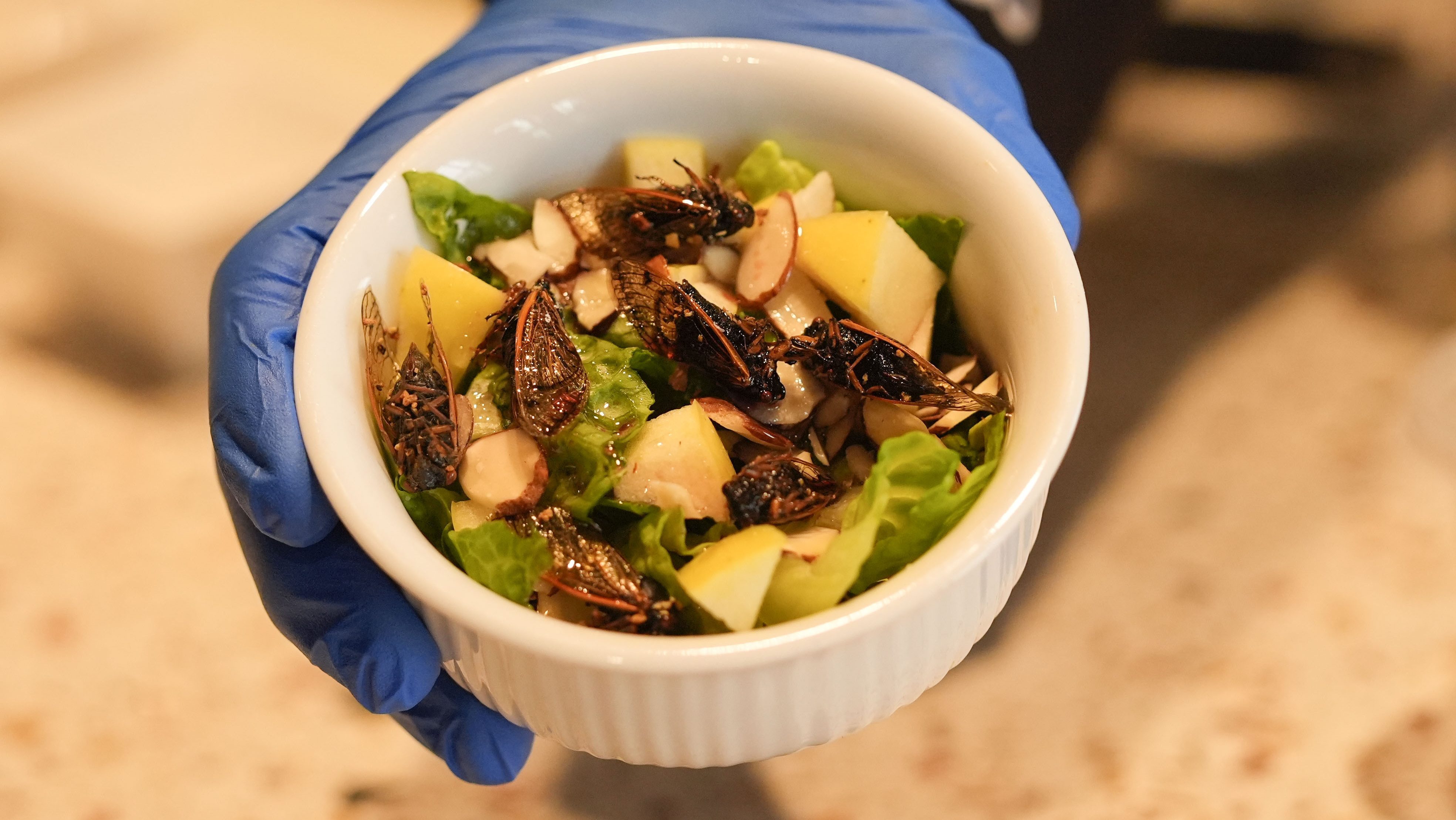The critical role of the Venezuelan military in the country's crisis was on display Saturday as President Nicolás Maduro sought to keep its support and opposition leader Juan Guaidó tried to woo the armed forces to his side.
Days after Guaidó called in vain for a military uprising, national television showed Maduro wearing a camouflage hat as he shook hands and exchanged fist bumps with security forces during a visit to a military base. He watched some troops engage in a shooting exercise and received a chorus of applause from others.
"Loyal forever," Maduro bellowed to a crowd of cadets in green uniforms.
Guaidó, meanwhile, urged supporters to converge on military garrisons to try to persuade forces to turn against Maduro, whose years in office have been marked by escalating hardship for most people in a country that was once one of the wealthiest in Latin America.
"The aim is to deliver our message without falling into confrontation or provocation," Guaidó tweeted.
On Tuesday, Guaidó appeared outside a Caracas military base with a small group of security forces and urged the military to overthrow his political rival.
As the leader of the opposition-controlled National Assembly waited, however, it became clear that his call had failed to rally armed forces to his side. Clashes between protesters and police then erupted, leaving five dead.
U.S. & World
In a possible sign of its own weakness despite having the apparent backing of the military, Maduro's government has not moved to arrest Guaidó.
More than three million Venezuelans have left the country, escaping a shrinking economy, hyperinflation and shortages of necessities such as medicine. The opposition blames the sharp decline on state corruption, mismanagement and authoritarianism. Maduro portrays Venezuela as a victim of U.S. antagonism toward the socialist principles championed by his predecessor, Hugo Chávez.
A key figure in the conflict is Defense Minister Vladimir Padrino López, who joined Maduro on the Saturday visit to cadets at the base in El Pao, a town in Cojedes state.
U.S. National Security Adviser John Bolton said Padrino had backed out of a plan — allegedly at the last minute — to join Guaidó's bid to topple Maduro. However, in remarks alongside Maduro on Thursday, Padrino pledged loyalty to the Venezuelan government and spoke disdainfully of possible behind-the-scenes efforts to get the military to rebel, saying: "They try to buy us as if we were mercenaries."
The United States and over 50 other nations recognize Guaidó as Venezuela's rightful leader, saying Maduro's re-election last year was illegitimate. The U.S. has imposed sanctions on Venezuela's oil industry and officials linked to Maduro, whose allies include Russia and China.
The Trump administration on Friday ended a week of vague threats of a military response in Venezuela with a meeting at the Pentagon to consider its options, though there was still no sign that a show of force was on the horizon.



